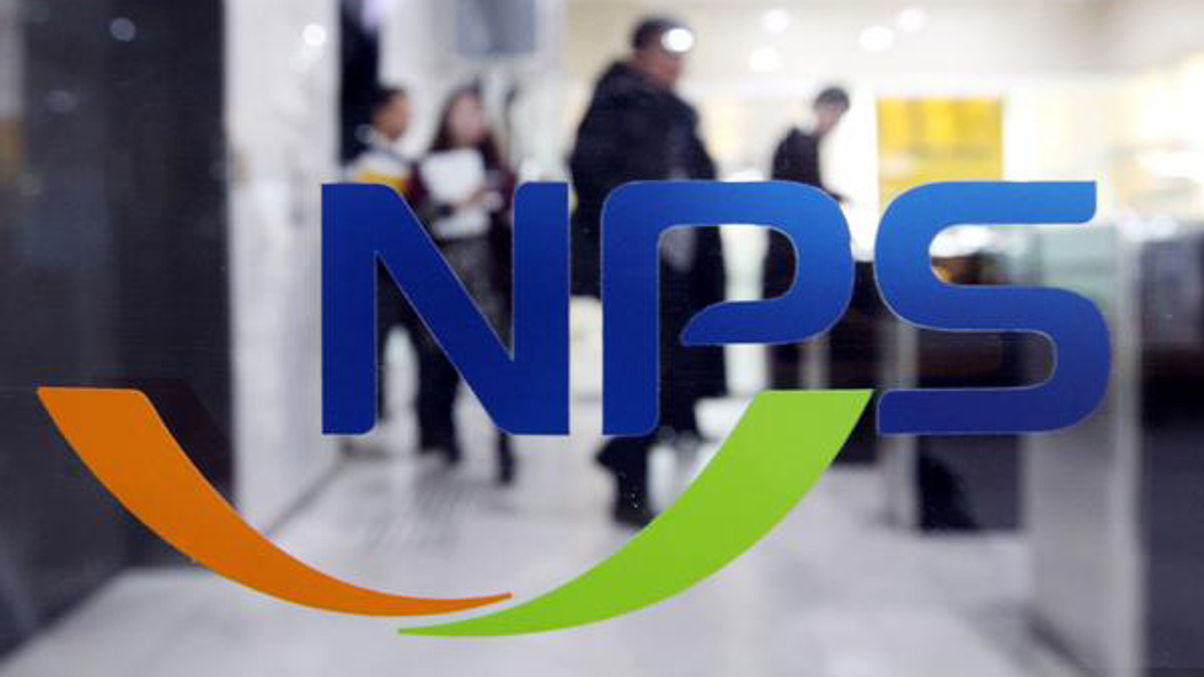Why NPS needs a permanent chief investment officer
Korea's National Pension Service has posted a good set of annual results in 2017, despite losing a string of senior investment executives. Its luck could run out this year.

The merry-go-round of top executives at South Korea’s National Pension Service (NPS) continues unabated. Impressively, it doesn’t seem to have dented the financial performance of the world’s third-largest public pension fund.
Sign in to read on!
Registered users get 2 free articles in 30 days.
Subscribers have full unlimited access to AsianInvestor
Not signed up? New users get 2 free articles per month, plus a 7-day unlimited free trial.
¬ Haymarket Media Limited. All rights reserved.


